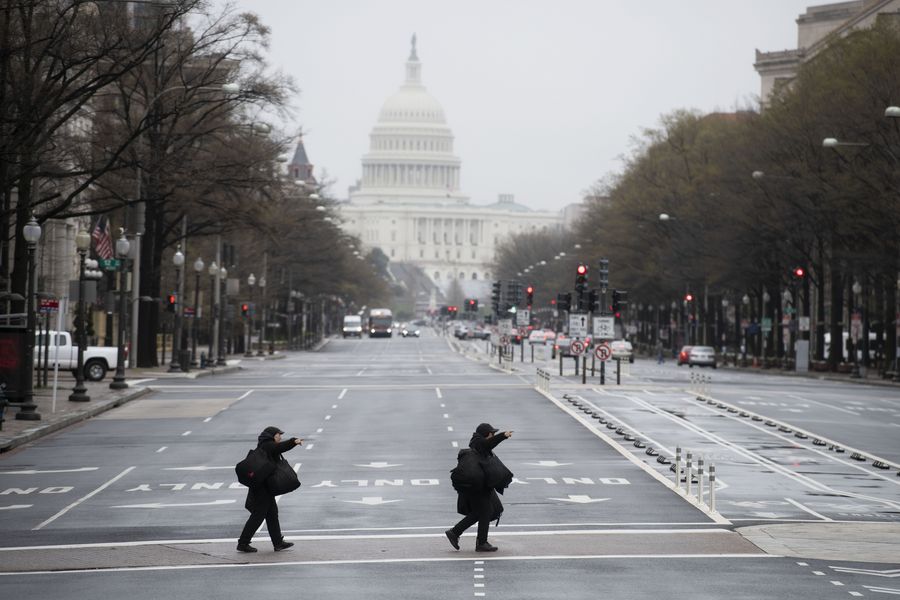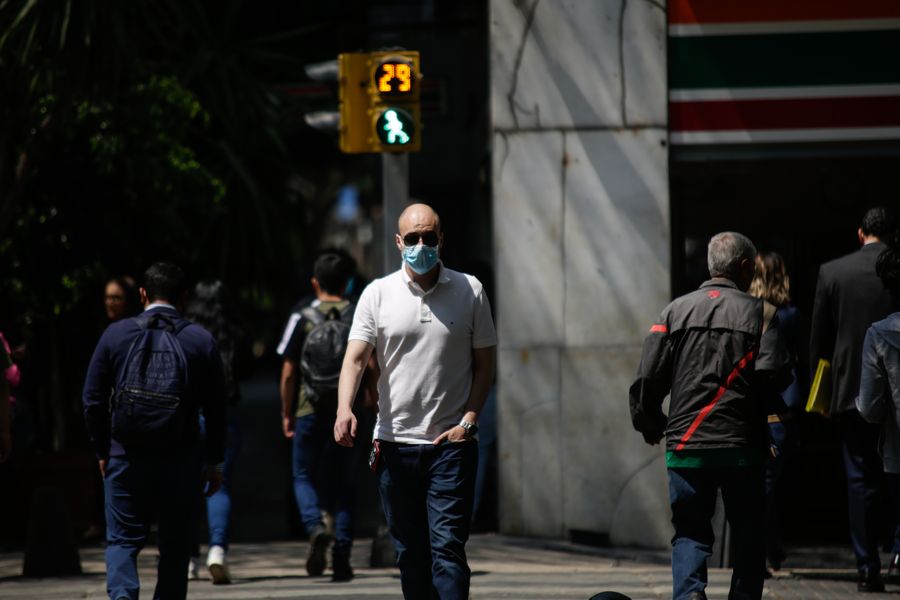As businesses lose revenue, unemployment is likely to increase sharply, transforming a supply-side shock to a wider demand-side shock for the economy.
UNITED NATIONS, April 1 -- The global economy could shrink by up to 1 percent in 2020 due to the COVID-19 pandemic, and may contract even further if restrictions on economic activities are extended without adequate fiscal responses, according to analysis released Wednesday by the UN Department of Economic and Social Affairs (UN-DESA).
The UN-DESA briefing finds that millions of workers are at risk of losing their jobs as nearly 100 countries close their national borders. That could translate to a global economic contraction of 0.9 percent by the end of 2020, or even higher if governments fail to provide income support and help boost consumer spending.
According to the forecast, lockdowns in Europe and North America are hitting the service sector hard, particularly industries that involve physical interactions such as retail trade, leisure and hospitality, recreation and transportation services. Collectively, such industries account for more than a quarter of all jobs in these economies.

Photo taken on March 23, 2020 shows two pedestrians walking on a nearly empty street in Washington D.C., the United States. (Xinhua/Liu Jie)
As businesses lose revenue, unemployment is likely to increase sharply, transforming a supply-side shock to a wider demand-side shock for the economy. The severity of the impact will largely depend on the duration of restrictions on the movement of people and economic activities and on the scale and efficacy of responses by national treasuries.
Against that backdrop, the UN-DESA is joining a chorus of voices across the UN system calling for well-designed fiscal stimulus packages which prioritize health spending and support households most affected by the pandemic.
"Urgent and bold policy measures are needed, not only to contain the pandemic and save lives, but also to protect the most vulnerable in our societies from economic ruin and to sustain economic growth and financial stability," said Liu Zhenmin, UN undersecretary-general for economic and social affairs.













